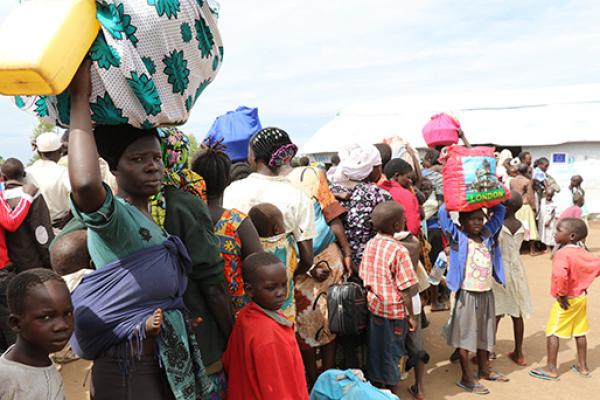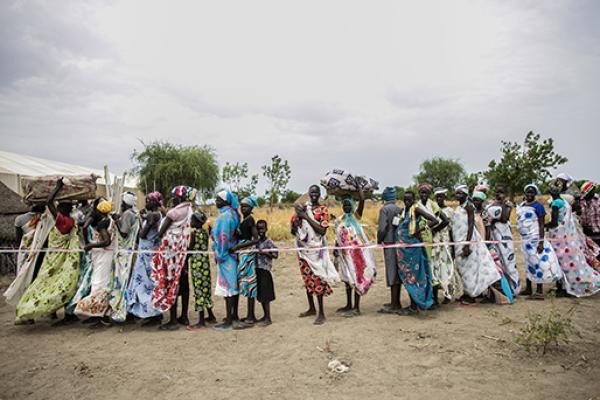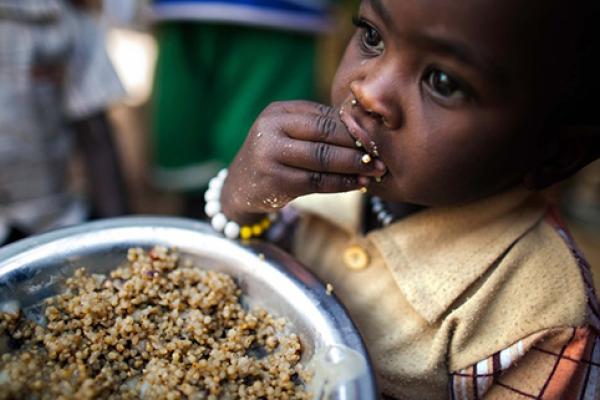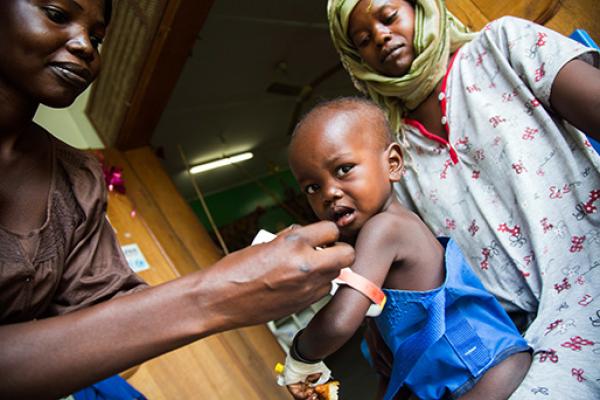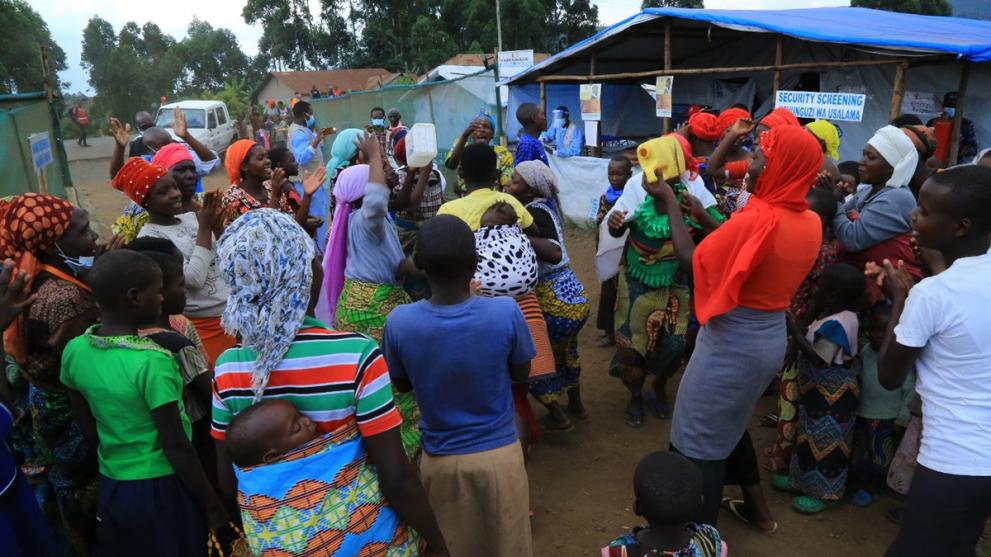
The EU has allocated an additional €4 million to Uganda, to help the country address the influx of new refugees from the Democratic Republic of the Congo (DRC) and address the food insecurity in Uganda's Karamoja region, on the border with Kenya.
Commissioner for Crisis Management, Janez Lenarčič, said: “Prevailing insecurity in the eastern DRC has led to an increase in the number of refugee arrivals in neighbouring Uganda, which is already hosting the largest refugee population in Africa. This funding will enable our humanitarian partners address the most urgent emergency needs, including supporting those newly displaced. In addition, funding has been allocated to Uganda to help the country address the rapidly deteriorating food security situation in its Karamoja region, where half a million people are in urgent need of food assistance.”
The top-up amount brings the total funding for Uganda to €34 million in 2022.
The security situation in the DRC has resulted in a large number of people seeking refuge in neighbouring Uganda, with more than 57,000 arriving since January 2022. Uganda already hosts the largest refugee population in Africa (1.5 million) and the third largest in the world.
The Karamoja area, in Uganda's northeast, is currently facing the devastating consequences of the drought affecting the Horn of Africa – often described as “the worse in a generation.” More than 500,000 people are in urgent need of food assistance, with around 100,000 children and pregnant and lactating women being acutely malnourished.
The additional funding allocated by the EU will allow humanitarian partners to provide food and nutrition assistance, including immediate life-saving assistance to the most vulnerable.
Details
- Publication date
- 12 August 2022
- Author
- Directorate-General for European Civil Protection and Humanitarian Aid Operations (ECHO)

